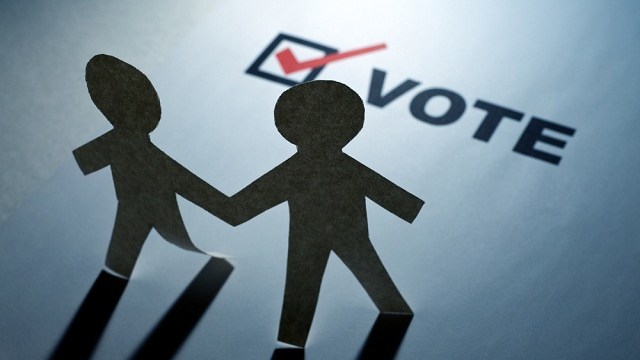The Polarization Paradox and The Republicans Are the Problem Thesis

Last month, I published with Dietram Scheufele “The Polarization Paradox: Why Hyperpartisanship Promotes Conservatism and Undermines Liberalism.” We detail in the article how liberals have become more like conservatives in their political strategies, adopting a win-at-all-costs commitment to policy debates and elections.
In doing so, liberals have built their own message machine comprised of think tanks, media watchdogs, mega-donor networks, and purposively designed echo chambers that rally strong partisans while demonizing the other side. The “paradox” is that as the party of progressive government, hyperpartisanship has backfired, putting at risk Democrats’ electoral chances and policy ambitions.
As we conclude, instead of going to war against the Right, following the election, liberals would better serve their social and political objectives by waging a war on polarization.
Though we focus our attention on the liberal movement, our analysis and recommendations share much in common with those offered by Thomas Mann and Norman Ornstein in their recent book It’s Even Worse Than It Looks: How the American Constitutional System Collided with the New Politics of Extremism. In an article this month in Democracy Journal, the two succintly lay out their thesis and then focus on paths forward.
Over at The Breakthrough, I have a new Public Square column up discussing Mann and Ornstein’s recommendations in the context of our own analysis.





